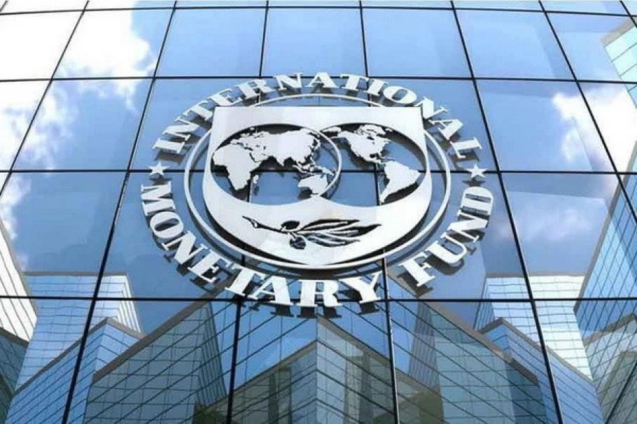The International Monetary Fund has attributed the high inflation in Ghana to more of domestic factors.
This dismisses the argument that inflation in the country is due to external factors such as the Russian/Ukraine crisis which has pushed prices of some foodstuffs, particularly wheat and cereals up
In a press conference at the recent IMF/World Bank Spring Meetings, African Director at the Fund, Abebe Selassie, said its analysis show that inflation is driven more by domestic factors than exogenous factors
“On inflation, I mean, again, there are always trade-offs when you’re doing, policy calibration, and so in our regional economic outlook, we are very careful to flag that there are some countries where inflation has clearly been driven more by domestic factors than exogenous factors. I think Ghana would fall in that camp.”
“But there are also quite a lot of other countries where the inflation we are seeing is more imported inflation, so the scope and the space and the ability of monetary policy to address that is limited. So again, it depends on country-specific circumstances, and on time”.
Mr. Abebe also said the calibration of monetary policy must be always agile.
This is because the conditions that affect inflation are always changing, adding, “exchange rates are moving, commodity prices are moving, so it’s an area where, calibration must be very, looked at again and again and again, as the months proceed. That’s why, Central Bank can say you have to be forward-looking, data-driven, so our advice is also, very much, subject to those considerations”.
Inflation surges to 37.2% in September 2022
Inflation in Ghana shot by 3.3% to 37.2% in September 2022.
According to the GSS, five groups recorded inflation rates higher than the national average in September.
They were Housing, Water, Electricity, Gas and Other fuels (68.8%); Furnishings, Household Equipment and Routine Household Maintenance (51.1%); Transport (48.6%); Personal Care, Social Protection and Miscellaneous Goods and Services (42.6%) as well as Food and Non-Alcoholic Beverages (37.8%).
Latest Stories
-
Herman Suede is set to release ‘How Dare You’ on April 24
3 hours -
Heal KATH: Kuapa Kokoo, Association of Garages donate 120k to support project
4 hours -
KNUST signs MOU with Valco Trust Fund, Bekwai Municipal Hospital to build student hostel
4 hours -
The influence Ronaldo has on people, Cadman Yamoah will have same on the next generation – Coach Goodwin
4 hours -
Gender Advocate Emelia Naa Ayeley Aryee Wins prestigious Merck Foundation Awards
5 hours -
South Africa bursary scandal suspects granted bail
6 hours -
Ecobank successfully repays $500m Eurobond due April 18
6 hours -
Re: Doe Adjaho, Torgbui Samlafo IV, call for Unity among Paramountcies in Anlo
6 hours -
Extortion and kidnap – a deadly journey across Mexico into the US
6 hours -
Rihanna says fashion has helped her personal ‘rediscovery’ after having children
6 hours -
Development Bank Ghana targets GH¢1bn funding for commercial banks in 2024
7 hours -
Shatta Movement apologises to Ghana Society of the Physically Disabled after backlash
7 hours -
Sammy Gyamfi writes: Tema-Mpakadan Railway Project; A railway line to nowhere
8 hours -
Bright Simons: Is the World Bank saving or harming Ghana?
8 hours -
CAF Cup: RS Berkane banned from entering Algeria because of a map of Morocco with its Sahara
8 hours

